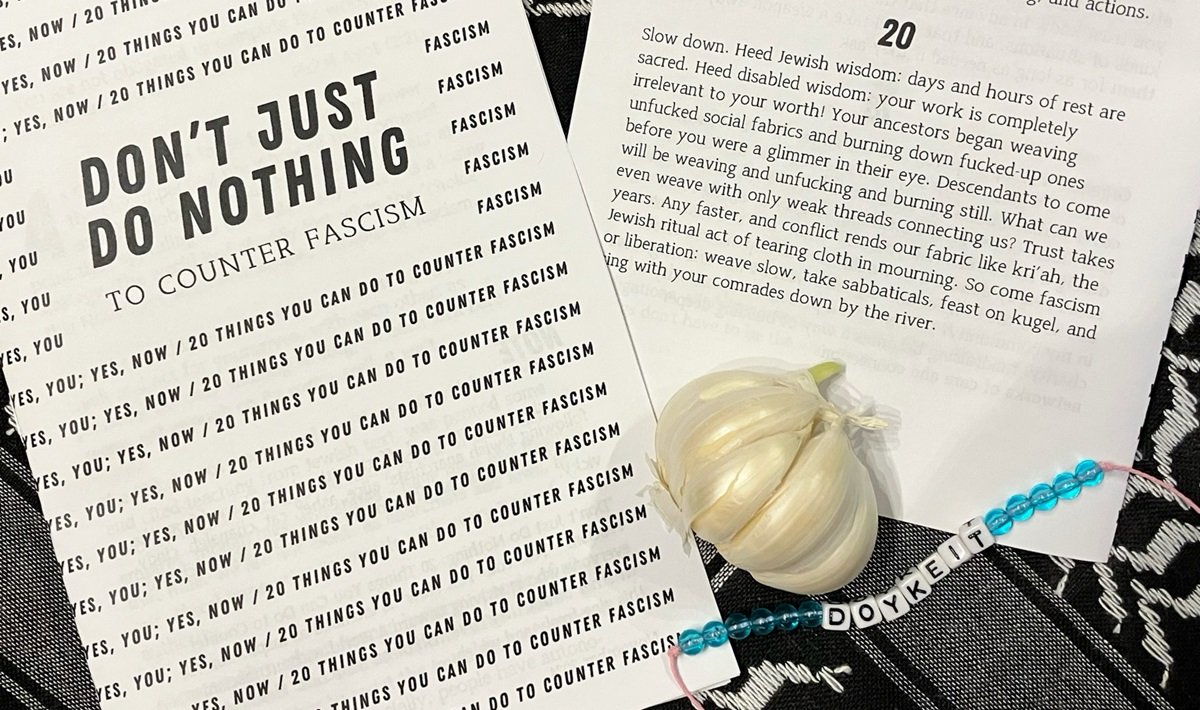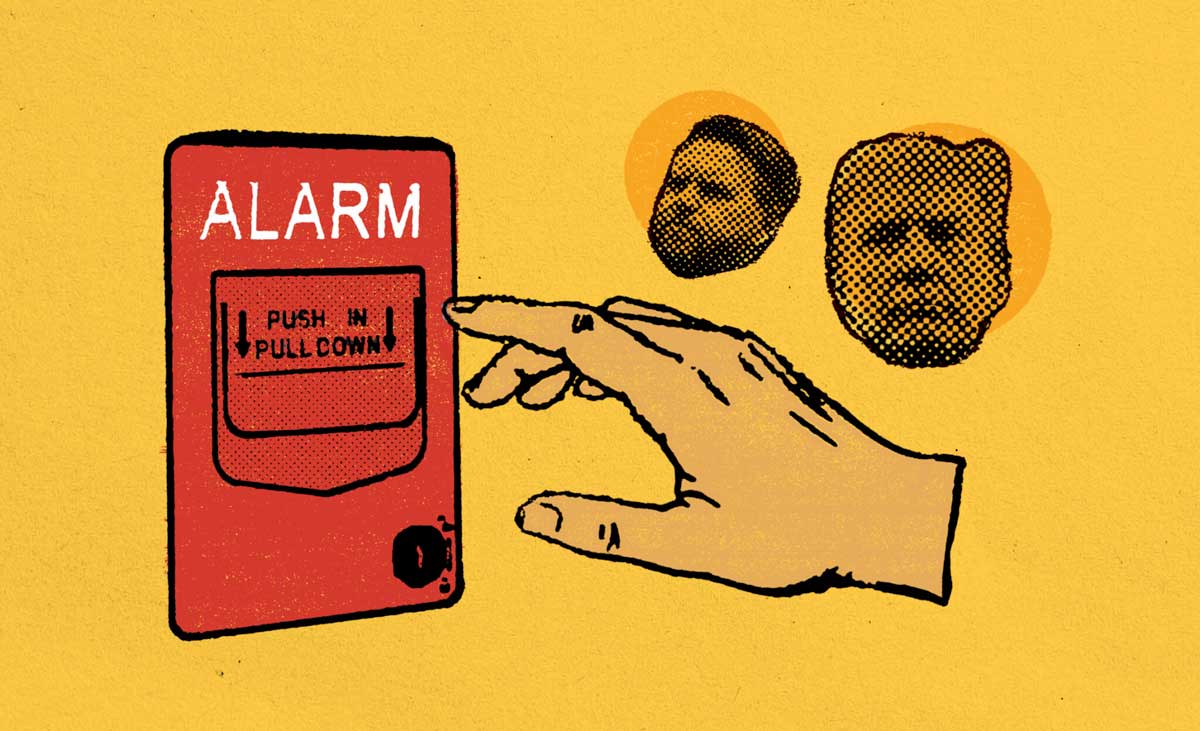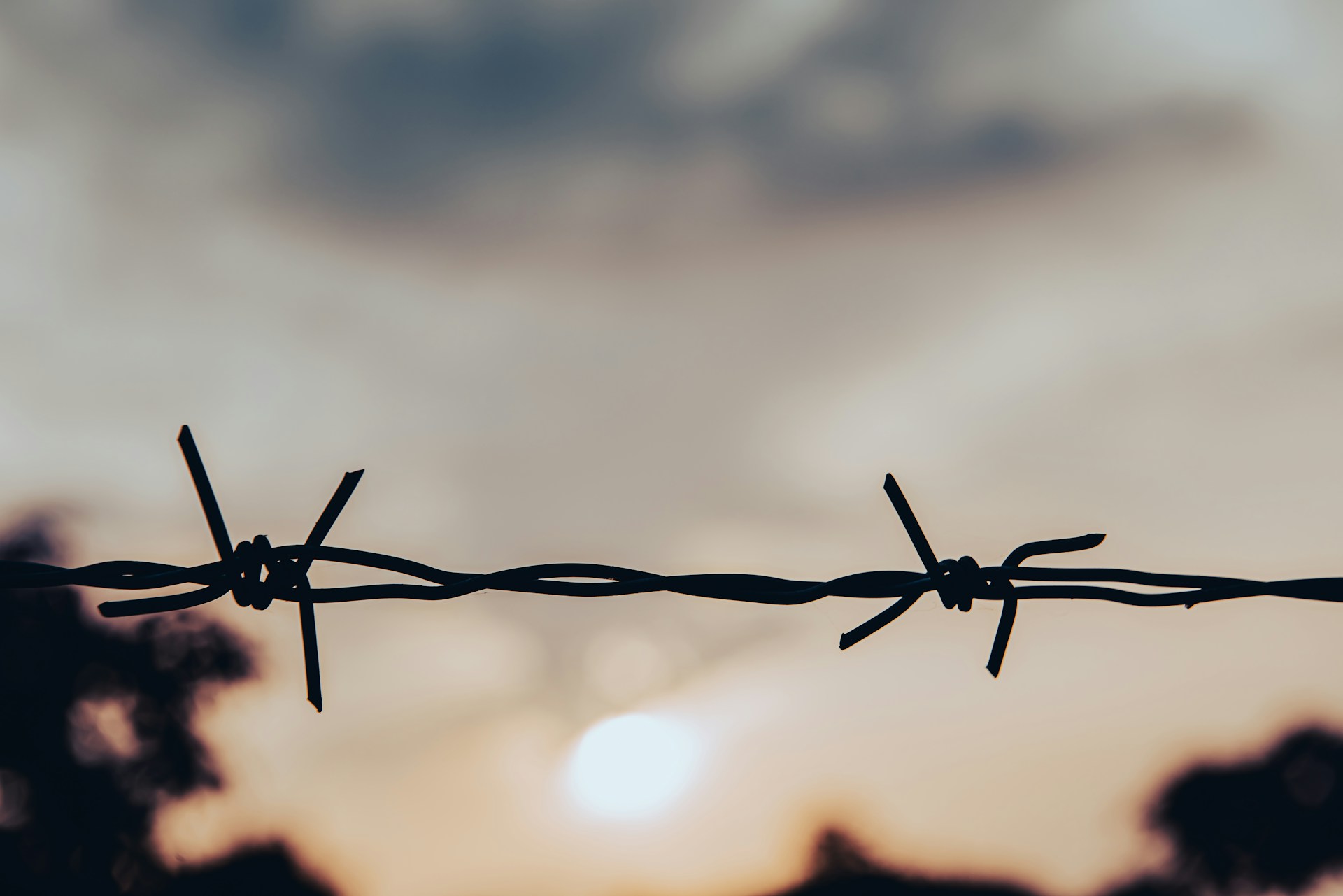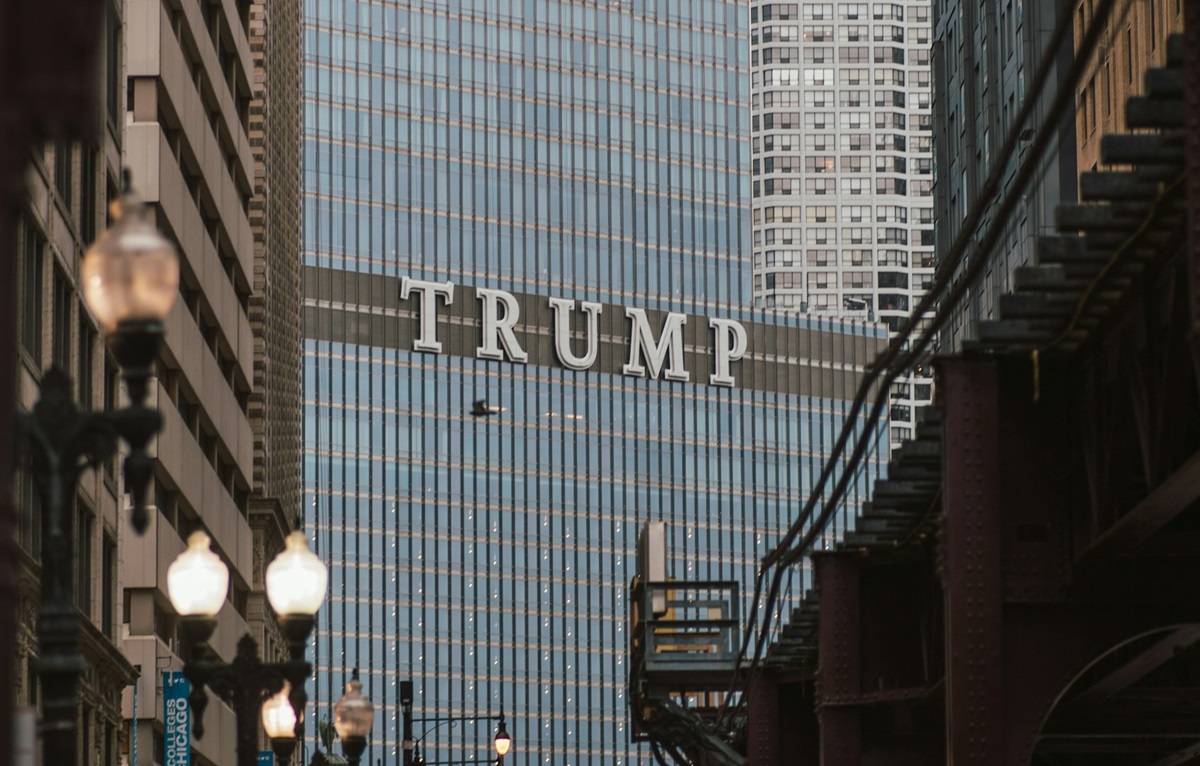Filed under: Community Organizing, Mexico, Repression, Southern Mexico
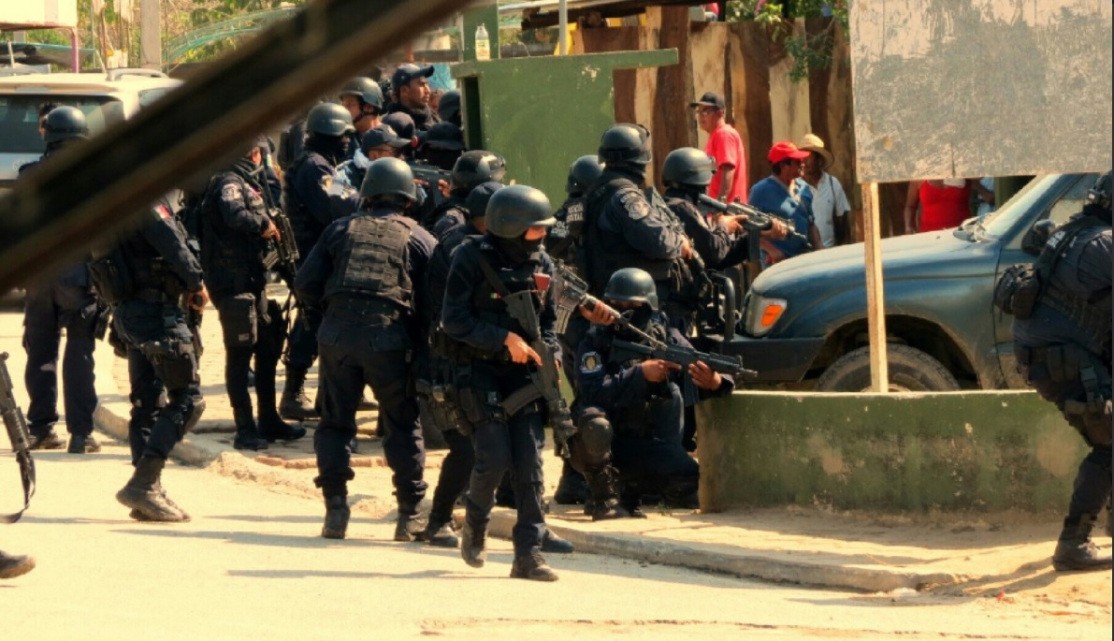
On Sunday, January 7, members of the Regional Coordinator of Community Authorities – Community Police (CRAC-PC) from the community of La Concepción in the municipality of Acapulco were ambushed by unknown individuals as they were passing the La Concepción municipal police station as part of their security rounds to protect a dance being held during the town’s local festival.
The Tlachinollan Human Rights Center of the Mountain reported that the violent incident initially left a total of two community police members killed as well as six members of the attacking group. The Guerrero state government then launched an operation of more than 100 security forces, made up of the army and ministerial and state police, in order to remove the bodies and begin examining the scene. During this operation, security forces deployed into the surrounding communities and without warrants searched the homes of members of the Council of Ejidos and Communities Opposed to the La Parota Dam (CECOP).
Tlachinollan described that, at the moment a helicopter flew over the area, a state police officer fired his weapon, setting of a round of shooting that resulted in the extrajudicial execution of three other community police members. At that moment, all the police forces mobilized to arrest Marco Antonio Suástegui Muñoz and Vicente Suástegui Muñoz, leaders of CECOP, as well as 30 more community police members. At around 5pm, ministerial police took Marco Antonio Suástegui from the State Prosecutor’s Office in Acapulco and at this moment his family members do not know his whereabouts.
State authorities have refused to provide any information about Marco Antonio Suástegui Muñoz’s legal status, and in its investigation, the State Prosecutor’s Office, “in a total lack of transparency, is holding those arrested incommunicado and with no guarantees to due process.”
Tlachinollan points out that family members fear “that their relatives could be transferred to high-security prisons outside of the state, where being unable to communicate with them would increase the risk of them being victims of serious human rights violations such as torture, cruel, inhumane or degrading treatment, forced disappearance or extrajudicial execution.”


